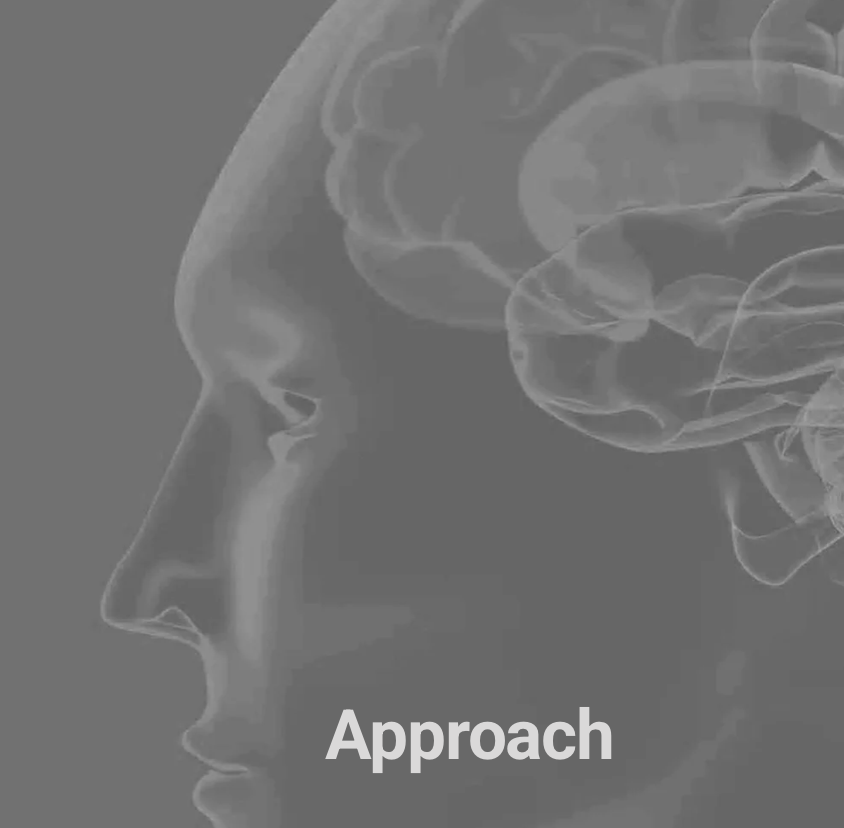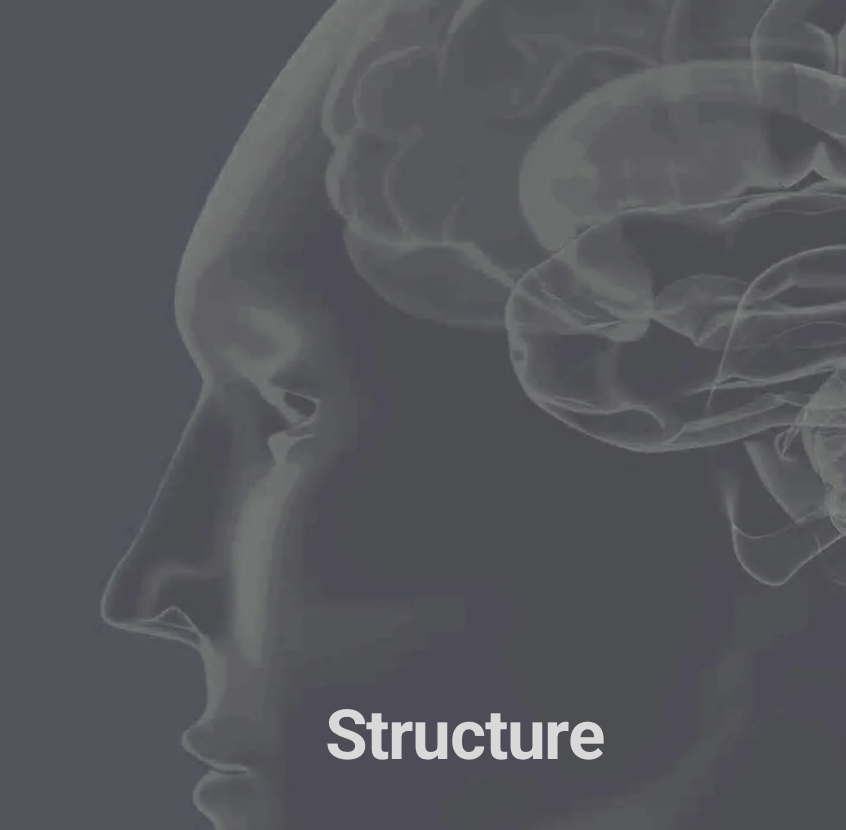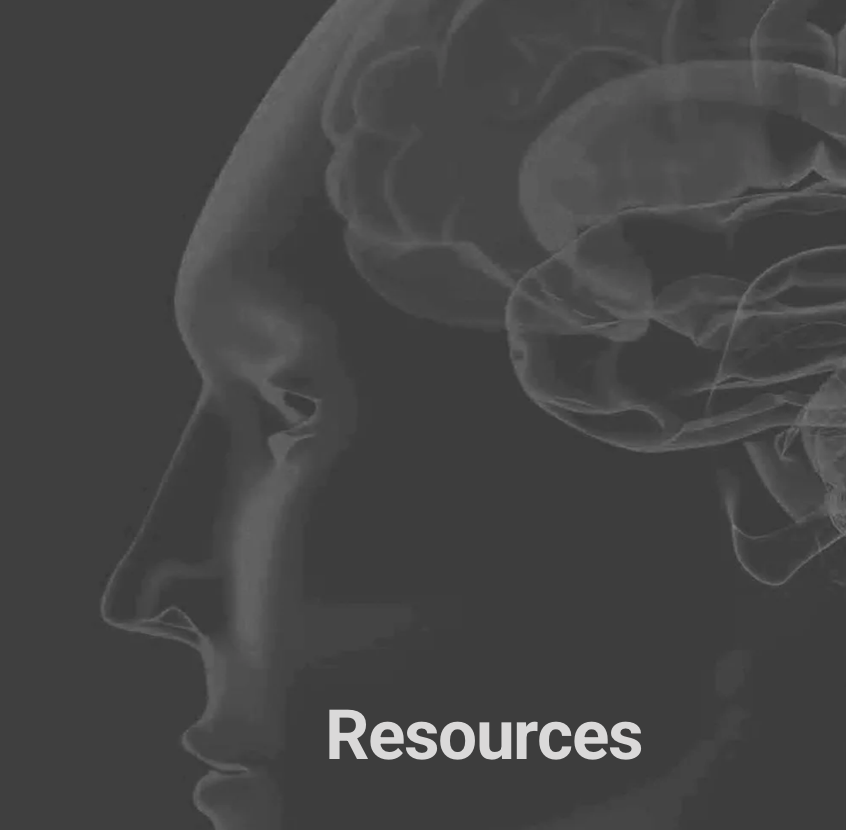Lie Detection Training
What Lies Beneath
Deception Matters provides training in behavioural analysis and interviewing skills for professionals wanting to improve their information-gathering and deception detection capabilities.
Most of what we believe about deception and lie detection turns out to be not only wrong but counter-productive, directing our attention on the wrong indicators entirely. Body language and gaze aversion “cues” for example, are commonly thought to indicate deception despite decades of evidence suggesting otherwise.
Viewing deception as strategic, motivated and adaptive is an important basis for deconstructing deceptive strategies in order to detect them through strategic analysis and questioning - through an information-management lens. Reverse-engineering how deception succeeds provides valuable understanding of how to disrupt and detect it.
Understanding what to look for and more importantly what to do when an interviewee is managing, manipulating or processing problematic information is critical for accurately assessing veracity and credibility.
Successful deception relies on exploiting our natural cognitive biases and expectations so it is important to fully understand why and how we are fooled - and why understanding self-deception is so important.
In most cases information avoidance precedes its management and manipulation, and when and where covert tactics fail, explicit lies might emerge as a strategy of last resort - understanding these instructive principles can allow an for incremental approach - to dig deeper into areas we might otherwise not focus on.
We show you the principles and practices that will increase your detection-detection ability immediately, and more specialised cognitive skills all but impossible.
We illustrate and demonstrate learning points using video, audio and slides for your observation and analysis.
Information-gathering and deception-detection skills differ only by degree - the skills taught begin with the generic and straightforward information-gathering before moving to the more sophisticated and specialised. The more generic themes (e.g. use of open questions) will be broadly applicable for all your work, whereas more targeted cognitive approaches are only required for those more challenging circumstances you suspect deception may be present.
Observational skills will help you notice what to look for and applied skills will help you address what you need to, in interview situations where information quality might be conspicuously unsatisfactory.
We provide simple case studies with verbal prompts to give you a clear sense of what these principles and skills might mean for your work practice. We recommend you adapt these to suit your workplace.
Our aim is to show you clear and direct implications of theory and practice across contextual, conversational, content and cognitive domains - how evidence-based principles inform best practice solutions.
We provide you conversational experience and applied learning complemented and consolidated by more detailed written content. For the most part we use Powerpoint and other AV media to help you to see, understand and address evasive or deceptive tactics.
We often analyse topical events from a deception detection perspective - demonstrating the principles and processes we teach from contemporaneous examples in the media. These sometimes include links to interviews, transcripts or other sources of relevant interest. We encourage you to bring any cases of interest for us to include.
Training package (single presenter)
We offer bespoke training packages adapted to your workplace and training budget.
We can provide a one-off presentation of deception detection research and its implications for your workplace needs. We can package program modules as you require.
For example, 3 sessions covering 6 topics:
Module 1: Context & Conversation
Module 2: Cooperation & Content
Module 3: Confirmation & Challenge
For corporate and business customers requiring a more sophisticated and contextual approach, our preference is two trainers working online, onsite or both over five 3.5hr sessions (including 30min breaks) covering 6 topics over 5 Modules:
Module 1: Context & Conversation
Module 2: Cognitive cooperation
Module 3: Content analysis
Module 4: Confirming key details
Module 5: Cognitive challenge
A typical example might be a Friday 9.30am-1.00pm session on a weekly or monthly basis. Our aim is to improve your information-gathering by developing interviewing skills that:
Minimise the number of unproductive meetings
Optimise the chance of eliciting useful information
Create a shared understanding and dialogue in your workplace for you to continue to teach each other
Build confidence in staff re-grouping / recovering from troublesome interactions
Where relevant, facilitate behavioural change in interviewees
You will have a clear framework to apply to any interviewing scenario you may encounter in future. We will show you how to improve what is already going well and how to prepare for conversations that are more delicate and challenging.
Deception and lie detection research is complex, controversial, and even deceptive! The vagaries of the scientific discourse can make evidence-based practice implications difficult to elicit let alone then teach with precision or clarity. However, we are confident we have achieved this, in large part, by viewing the evidence of “cues” through an information management perspective.
For anyone wanting to look further into the research and theory, we recommend looking further into the work of researchers listed below - many of whom can be found presenting YouTube or TedTalk presentations or in written media.
We are particularly impressed by the work Timothy R. Levine whose book “Duped: Truth-Default Theory and The Social Science of Lying and Deception” strongly aligns with the cognitive and information-processing approaches we have developed since 2017 - largely based on our practical experience and analysis. Similarly, “Information Management Theory 2” by Steve McCornack is recommended reading for the other research nerds out there.
We also recommend the work of Aldert Vrij and Pär-Anders Granhag, on cognitive load theory and strategic disclosure respectively.
“Lie Detection Guide: Theory and Practice for Investment Professionals” (CFA institute) by Maria Hartwig and Jason Voss is also an excellent resource.
For anyone interested in our operationalisation of academic findings, we provide theoretical explanations in the members section.
Researchers
Aldert Vrij, Charles Bond, Timothy Levine, Pär-Anders Granhag, Bella de Paulo, Steve McCornack, Robert Trivers (self-deception), William Miller (Motivational Interviewing), Maria Hartwig



